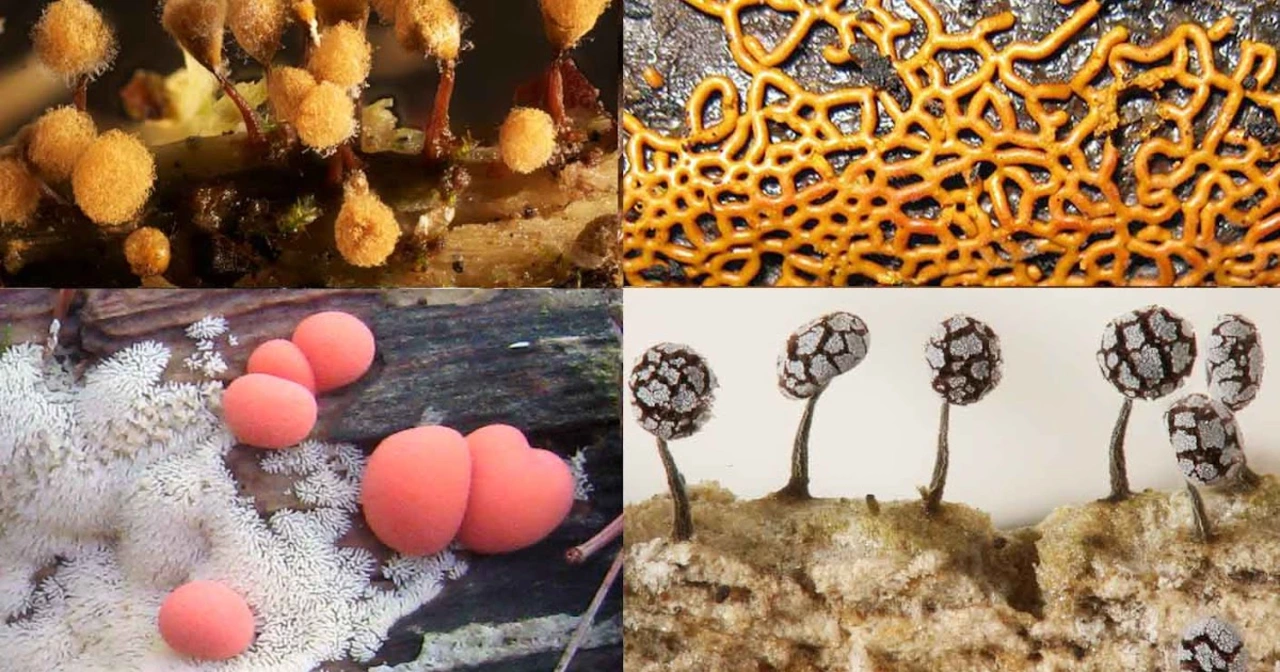Research: Practical Findings on Mycology and Fungal Applications
Fungi help clean oil spills and make life-saving drugs — sounds wild, right? On this Research page I collect clear, practical posts about mycology and other health-related studies. If you want usable takeaways from lab findings, tests, and real-world trials, you're in the right place. I pick research that answers "what works," shows risks, and explains how results matter for patients, caregivers, and hobbyists.
Why fungi matter
Fungi are not just mushrooms in a forest. They break down organic material, cycle nutrients, and form partnerships with plants. Medical research gave us antibiotics like penicillin, and ongoing studies test fungal compounds for antivirals and cancer drugs. Environmental research uses fungi to clean pollutants — some mushrooms can break down petroleum or absorb heavy metals in contaminated soil. Farmers and gardeners rely on mycorrhizal fungi to help crops access water and nutrients.
How research translates to real life
I focus on studies with clear methods and practical steps. When reading a paper, check sample size, study design, and whether results repeat in different settings. Field trials matter more than a single lab test. For example, small lab work showed certain mushroom species can degrade oil; follow-up field trials tested whether those species survive and perform on polluted sites. If you read about a promising fungal compound, look for clinical trials or safety data before assuming it’s ready for human use.
Want quick, usable tips? If a study suggests a fungal treatment for soil, try a small pilot on a single plot before scaling up. For supplements or experimental therapies, talk with a healthcare professional and ask for studies that include human participants. If a research article is behind a paywall, read the abstract, look for press releases from credible universities, or check preprint servers for earlier versions.
This category highlights posts like "The science of mycology: Studying fungi and their applications," which explains fungal roles in medicine, food, and cleanup work. I summarize key findings, point out limitations, and give practical next steps for readers. Each post links to original studies so you can dig deeper.
Curious about a specific topic — fungal medicines, edible fungi, or mycoremediation? Use the search box or browse tags. I update this page with new research summaries and simple guidance as studies appear. If you want, send a topic suggestion and I’ll look for the most useful, trustworthy findings and write a clear summary you can act on.
Here’s a quick checklist to evaluate research: 1) Who funded the study and could that bias results? 2) How many subjects or test sites were used? 3) Is there a control group or comparison? 4) Were results replicated elsewhere? 5) Do authors share raw data or clear methods? Use this checklist when reading mycology or medication studies. I also highlight conflicts of interest and practical limits so you don’t try an unsafe idea at home. Want a deep dive on any post? Leave a comment or email me and I’ll prioritize the most requested topics. Updates come every week.
The science of mycology: Studying fungi and their applications
As a blogger, I've recently been delving into the fascinating world of mycology - the scientific study of fungi. These incredible organisms have a wide range of applications, from food and medicine to environmental conservation. I've learned that fungi play a crucial role in breaking down organic material and recycling nutrients back into the ecosystem. They also hold potential in bioremediation, helping to clean up polluted environments. I can't wait to share more about the amazing world of fungi and their many applications with my readers!
